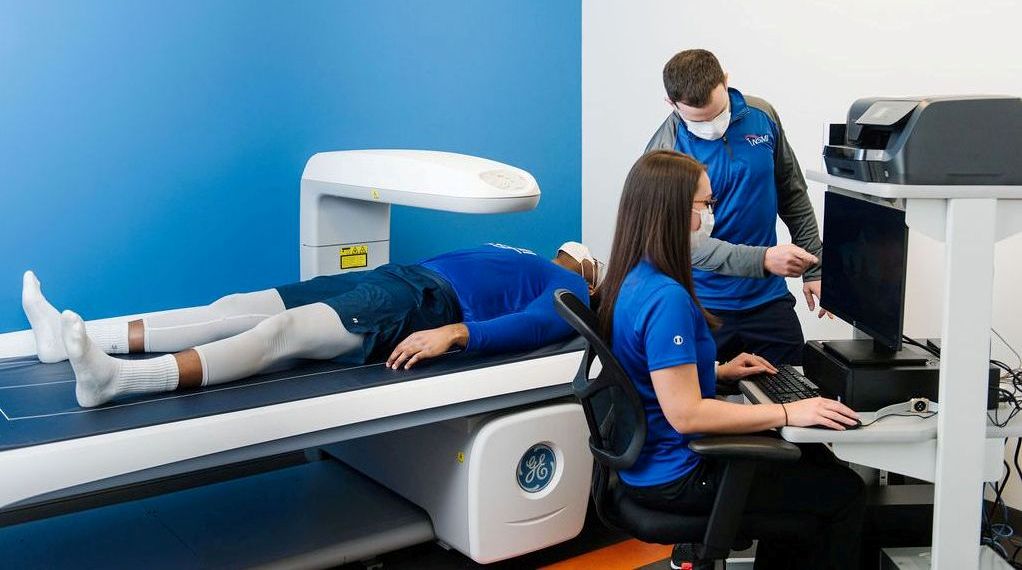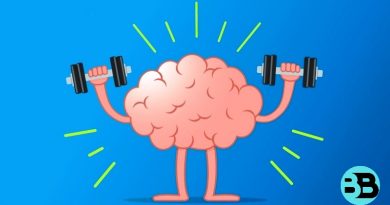What is the importance of regular mental health check-ups?
Mental health is most integral part of an individual’s overall well-being. It affects how a person thinks, feels, and behaves, and can have a significant impact on their ability to cope with everyday life. Unfortunately, many people neglect their mental health, which can lead to serious consequences.
One way to ensure that you are taking care of your mental health is to have regular mental health check-ups. These check-ups involve a visit to a mental health professional, who can assess your mental health and provide support and guidance if necessary.
In this article, we will explore the importance of regular mental health check-ups, including why they are necessary, what they involve, and how they can benefit individuals.
Why are regular mental health check-ups necessary?
Mental health problems are common, and anyone can experience them at any point in their life. In fact, one in four people will experience a mental health problem in their lifetime, according to the World Health Organization (WHO).
However, many people do not seek help for their mental health issues due to stigma, lack of awareness, or fear of judgment. This can lead to the problem worsening and can even result in long-term mental health issues. Regular mental health check-ups can help individuals to identify any problems early on and seek treatment before they become more serious.
In addition, mental health check-ups can be particularly beneficial for individuals who have a history of mental health issues or who have a family history of mental health problems. They can also be helpful for individuals who are experiencing significant life changes, such as a new job, a move to a new city, or the loss of a loved one. These check-ups can help individuals to manage these changes and reduce the risk of developing mental health problems as a result.
What do regular mental health check-ups involve?
Mental health check-ups can take different forms, depending on the individual’s needs and the mental health professional’s preferences. However, they typically involve a few key components.
The first component is an assessment of the individual’s mental health. This may involve a conversation about their thoughts, feelings, and behaviors, as well as any physical symptoms they may be experiencing. The mental health professional may also ask questions about the individual’s personal and family history of mental health problems, as well as any stressors or life changes that may be affecting their mental health.
The second component of a mental health check-up is the development of a treatment plan. If the mental health professional identifies any mental health problems, they will work with the individual to develop a plan for managing these issues. This may involve therapy and medication, combination of both. The treatment plan will be tailored to the individual’s specific needs and may be adjusted over time as their mental health changes.
The third component of a mental health check-up is ongoing support. Even if an individual does not have any current mental health problems, regular mental health check-ups can provide ongoing support and guidance. This can help individuals to develop coping strategies for managing stress and to address any issues before they become more serious.
What benefits of regular mental health check-ups?
Regular mental health check-ups can provide a range of benefits for individuals. These include:
1. Early identification of mental health problems
One of the most significant benefits of regular mental health check-ups is early identification of mental health problems. By identifying these issues early, individuals can seek treatment before they become more serious. This can reduce the impact of the mental health problem on their daily life and improve their long-term mental health outcomes.
2. Tailored treatment
Regular mental health check-ups allow mental health professionals to develop a tailored treatment plan for the individual’s specific needs. This can improve the effectiveness of the treatment and reduce the risk of negative side effects.
3. Reduced stigma
Regular mental health check-ups can also help to reduce stigma around mental health issues. By seeking help for mental health problems and discussing them openly with a mental health professional, individuals can reduce the shame and embarrassment they may feel about their mental health. This can help to break down barriers to seeking help and encourage others to do the same.
4. Improved coping strategies
Regular mental health check-ups can also provide individuals with tools and strategies for managing stress and improving their mental health. Mental health professionals can help individuals to develop coping strategies and resilience, which can improve their ability to cope with everyday life and reduce the risk of mental health problems in the future.
5. Better physical health outcomes
There’s strong link between mental health and physical health. Regular mental health check-ups can help individuals to identify any mental health problems that may be affecting their physical health and develop strategies for managing these issues. This can improve their overall physical health outcomes and reduce the risk of developing chronic health problems.
6. Improved quality of life
Finally, regular mental health check-ups can improve an individual’s quality of life. By managing their mental health effectively, individuals can reduce the impact of mental health problems on their daily life and improve their overall well-being. This can lead to a more fulfilling and satisfying life and improved relationships with others.
In conclusion, regular mental health check-ups are an important part of taking care of your mental health. They can help individuals to identify any mental health problems early on, develop tailored treatment plans, and improve their coping strategies. Regular mental health check-ups can also reduce stigma around mental health issues, improve physical health outcomes, and improve an individual’s overall quality of life. If you are concerned about your mental health or have a history of mental health problems, it is important to seek regular mental health check-ups from a qualified mental health professional.




